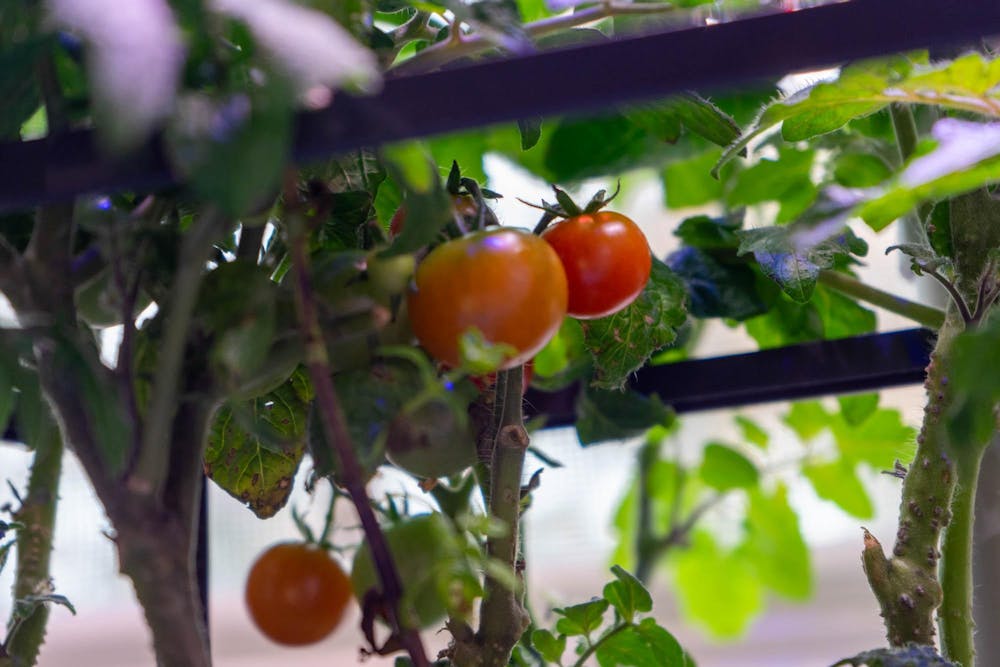A new study contributed to by researchers at UNC has introduced a new simulation modeling the impact of subsidies for fruits, vegetables and healthier foods that are funded by taxes on ultra-processed foods and beverages.
Under the policy simulations, lower-income households, particularly those without children, purchased less taxed food and beverages compared to those from higher-income backgrounds. Additionally, lower-income households shifted to consuming a higher proportion of healthy options.
The study was conducted through the Global Food Research Program, an interdisciplinary group housed under the Carolina Population Center that investigates the design and evaluation of food policies within the United States and abroad.
“Nutrition matters,” co-author Pourya Valizadeh said. “We have disparities in nutrition — lower-income households tend to have lower-quality diets — and we want to have policy interventions that address these socioeconomic status disparities.”
The paper was co-authored by Shu Wen Ng, professor of nutrition at the UNC Gillings School of Global Public Health, and Valizadeh, a research assistant professor at Texas A&M University, who completed the study during a postdoctoral fellowship at UNC.
There were two main goals with the study, Valizadeh said — simulating the implementation of a tax on sugar-sweetened beverages at the national level and then redistributing the tax in the form of subsidies for other minimally-processed foods.
“The goal should not necessarily be to collect revenue, but to change relative prices of healthy and unhealthy foods to make a difference in purchases,” Valizadeh said. “Also, return some of these tax revenues to low-income households that have already paid taxes in the form of subsidies.”
Valizadeh said the main benefit for lower-income households in the study was the quality of the calories they consumed. He said those populations consumed less “empty calories,” which are calories that come from foods with little to no nutritional value.
Rebecca Hankins, development and communications director for the Chatham Outreach Alliance, a nonprofit working to address food insecurity in the Triangle area, said there is often a stigma against individuals who do not make as much money and rely on external assistance for healthy eating, especially considering increased economic growth in areas like Chatham County.




